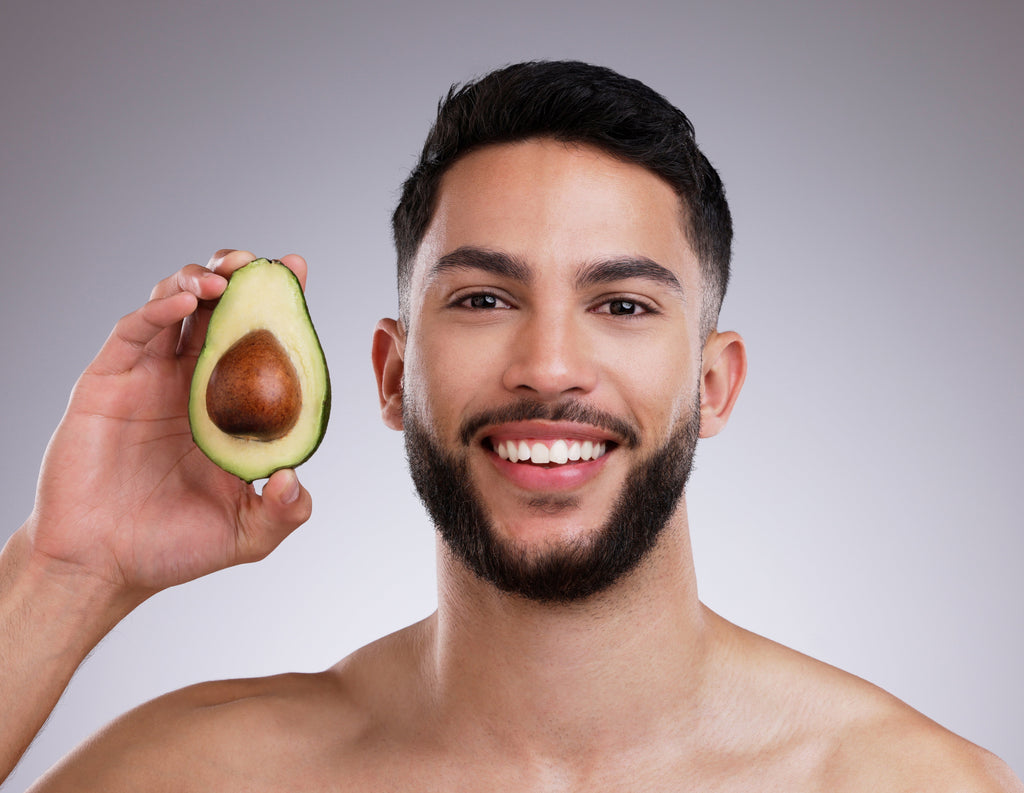
How Much Protein in an Avocado
Avocados have become one of the most talked-about foods in modern nutrition. Known for their creamy texture, rich flavor, and impressive nutrient profile, they’ve earned a spot on everything from breakfast toast to protein-packed smoothies. They’re widely praised for healthy fats and fiber, but many people are curious about their protein content. How much protein in an avocado is there, and is it enough to make a meaningful contribution to your daily needs? While they’re not considered a high-protein food, understanding their protein value can help you make better choices—especially if you’re tracking your macros for fitness or overall wellness.

Protein Content of an Avocado
A medium-sized Hass avocado, which is the most commonly sold variety in grocery stores, contains about three grams of protein. While this may seem small compared to animal-based protein sources like chicken breast or eggs, it’s still a useful addition to your diet. The protein in an avocado contains all nine essential amino acids, meaning it’s a complete protein source, although in relatively low amounts compared to protein powders or lean meats.
If you were to rely on avocados alone to reach your daily protein target, you would need to consume a large number of them—which isn’t practical for most people. However, avocados pair exceptionally well with higher-protein foods, making them a valuable component of a balanced diet. Combining avocados with products from our Protein Collection or Muscle Builders Collection can help you meet your goals more efficiently.
Why Protein in Avocados Still Matters
Although the amount of protein in an avocado is modest, it plays a complementary role when combined with other nutrient-rich foods. For example, an avocado in your breakfast burrito or post-workout shake can provide healthy fats and micronutrients that support recovery and satiety, even if most of the protein is coming from eggs, beans, or whey powder.
Avocado protein is also highly digestible, and the amino acids it provides—while fewer in quantity—still contribute to muscle repair and general health. This makes avocados especially useful for plant-forward eaters who want to diversify their protein sources.

Nutritional Benefits Beyond Protein
The conversation about how much protein in an avocado often overshadows the fact that avocados are nutritional powerhouses in other ways. They’re rich in monounsaturated fats, which are known to support heart health by improving cholesterol profiles. They’re also loaded with vitamins such as vitamin K, vitamin E, vitamin C, and a range of B vitamins including folate, which is essential for cellular function and energy production.
Another standout feature is fiber—an average avocado contains about ten grams. Fiber supports healthy digestion, keeps you feeling full longer, and helps stabilize blood sugar levels. When you combine these benefits with the modest protein content, it’s clear that avocados have a well-rounded nutritional profile.
How to Boost Protein Intake with Avocados
If you want to make the most of the protein in an avocado, the key is to combine it with higher-protein foods. Here are some examples:
- Pairing avocado with eggs in an omelet or breakfast wrap adds both protein and healthy fats.
- Blending avocado into a smoothie alongside whey or plant-based protein from our Protein Collection creates a creamy, nutrient-rich shake.
- Adding avocado to a salad with grilled chicken, shrimp, or turkey boosts both the protein count and the overall nutrient quality of the meal.
By pairing avocado with more concentrated protein sources, you get the best of both worlds—macronutrient balance and an array of essential vitamins and minerals.

Who Benefits Most from Avocado Protein
For people on plant-based or vegetarian diets, every gram of protein counts. While an avocado won’t replace higher-protein legumes, soy, or supplements, it can contribute to your overall intake while providing beneficial fats and micronutrients. Athletes, bodybuilders, and those focused on muscle building can also take advantage of avocado’s nutrient profile. The healthy fats can help slow digestion, allowing for a steadier release of nutrients, which can be beneficial for sustained energy during training.
External Research on Avocado Nutrition
For more in-depth information about avocado nutrition, these credible sources are excellent references:
- USDA FoodData Central – Avocado
- Harvard T.H. Chan School of Public Health – Avocados
- National Institutes of Health – Monounsaturated Fats
These resources provide detailed breakdowns of nutrient composition, health benefits, and dietary roles of avocados.

Conclusion: How Much Protein in an Avocado Matters
So, how much protein in an avocado really impacts your diet? At around three grams per medium fruit, it’s not enough to serve as a primary protein source. However, its complete amino acid profile, coupled with healthy fats, fiber, and micronutrients, makes it an excellent addition to meals that already contain more robust protein sources.
For anyone looking to optimize their protein intake, combining avocados with foods from the Protein Collection or Muscle Builders Collection is a simple and effective strategy. In the end, avocados are best appreciated not just for their protein, but for the overall nutritional value they bring to your plate.

